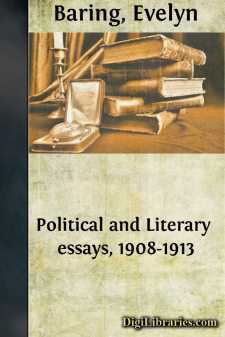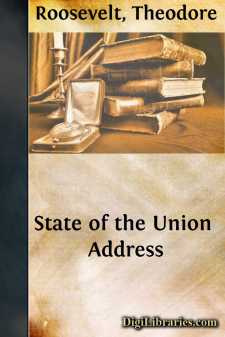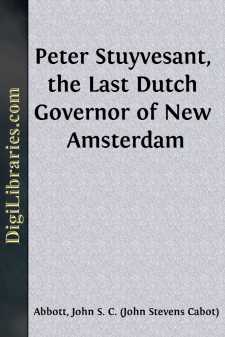Categories
- Antiques & Collectibles 13
- Architecture 36
- Art 48
- Bibles 22
- Biography & Autobiography 815
- Body, Mind & Spirit 144
- Business & Economics 28
- Children's Books 18
- Children's Fiction 14
- Computers 4
- Cooking 94
- Crafts & Hobbies 4
- Drama 346
- Education 58
- Family & Relationships 59
- Fiction 11834
- Games 19
- Gardening 17
- Health & Fitness 34
- History 1378
- House & Home 1
- Humor 147
- Juvenile Fiction 1873
- Juvenile Nonfiction 202
- Language Arts & Disciplines 89
- Law 16
- Literary Collections 686
- Literary Criticism 179
- Mathematics 13
- Medical 41
- Music 40
- Nature 179
- Non-Classifiable 1768
- Performing Arts 7
- Periodicals 1453
- Philosophy 65
- Photography 2
- Poetry 896
- Political Science 203
- Psychology 44
- Reference 154
- Religion 515
- Science 126
- Self-Help 85
- Social Science 82
- Sports & Recreation 34
- Study Aids 3
- Technology & Engineering 59
- Transportation 23
- Travel 463
- True Crime 29
Our website is made possible by displaying online advertisements to our visitors.
Please consider supporting us by disabling your ad blocker.
Political and Literary essays, 1908-1913
by: Evelyn Baring
Description:
Excerpt
I
THE GOVERNMENT OF SUBJECT RACES
"The Edinburgh Review," January 1908
The "courtly Claudian," as Mr. Hodgkin, in his admirable and instructive work, calls the poet of the Roman decadence, concluded some lines which have often been quoted as applicable to the British Empire, with the dogmatic assertion that no limit could be assigned to the duration of Roman sway. Nec terminus unquam Romanae ditionis erit. At the time this hazardous prophecy was made, the huge overgrown Roman Empire was tottering to its fall. Does a similar fate await the British Empire? Are we so far self-deceived, and are we so incapable of peering into the future as to be unable to see that many of the steps which now appear calculated to enhance and to stereotype Anglo-Saxon domination, are but the precursors of a period of national decay and senility?
A thorough examination of this vital question would necessarily involve the treatment of a great variety of subjects. The heart of the British Empire is to be found in Great Britain. It is not proposed in this place to deal either with the working of British political institutions, or with the various important social and economic problems which the actual condition of England presents, but only with the extremities of the body politic, and more especially with those where the inhabitants of the countries under British rule are not of Anglo-Saxon origin.
What should be the profession of faith of a sound but reasonable Imperialist? He will not be possessed with any secret desire to see the whole of Africa or of Asia painted red on the maps. He will entertain not only a moral dislike, but also a political mistrust of that excessive earth-hunger, which views with jealous eyes the extension of other and neighbouring European nations. He will have no fear of competition. He will believe that, in the treatment of subject races, the methods of government practised by England, though sometimes open to legitimate criticism, are superior, morally and economically, to those of any other foreign nation; and that, strong in the possession and maintenance of those methods, we shall be able to hold our own against all competitors.
On the other hand, he will have no sympathy with those who, as Lord Cromer said in a recent speech, "are so fearful of Imperial greatness that they are unwilling that we should accomplish our manifest destiny, and who would thus have us sink into political insignificance by refusing the main title which makes us great."
An Imperial policy must, of course, be carried out with reasonable prudence, and the principles of government which guide our relations with whatsoever races are brought under our control must be politically and economically sound and morally defensible. This is, in fact, the keystone of the Imperial arch. The main justification of Imperialism is to be found in the use which is made of the Imperial power. If we make a good use of our power, we may face the future without fear that we shall be overtaken by the Nemesis which attended Roman misrule....












